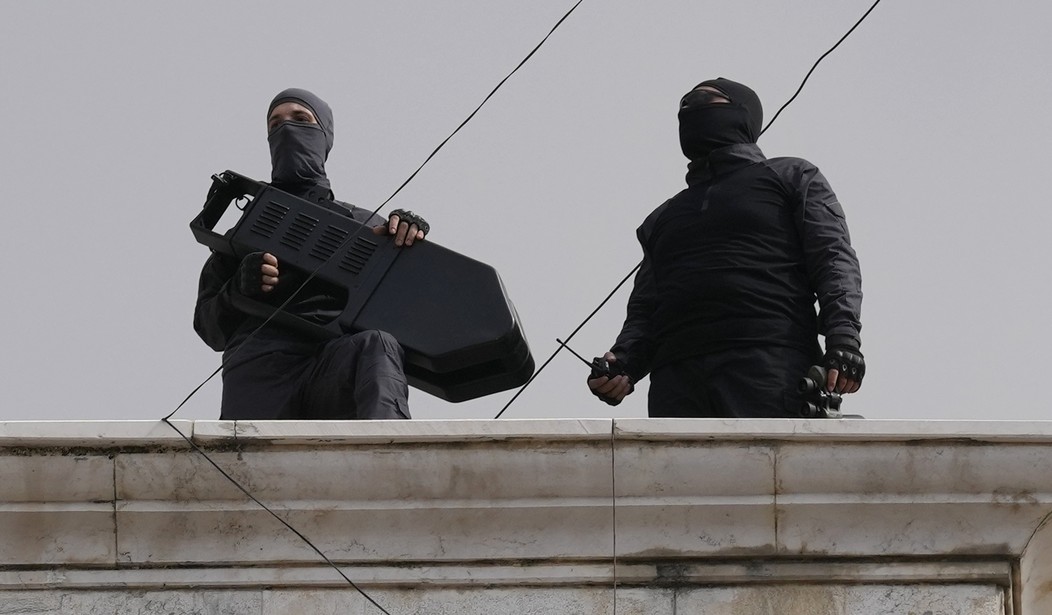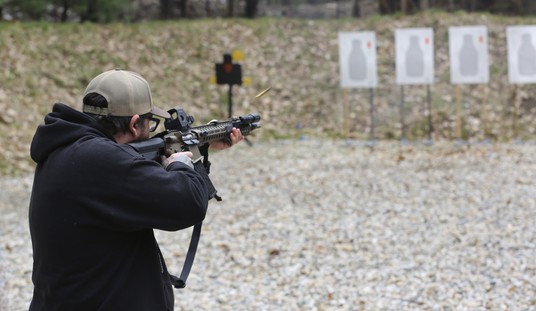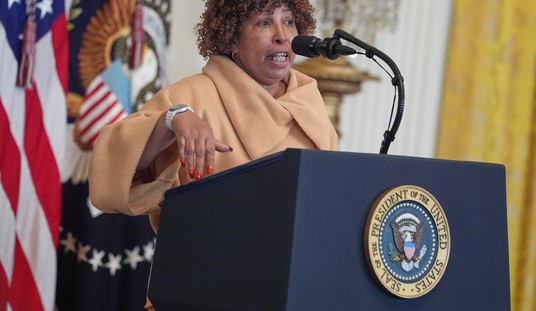Things are hot in the Middle East, and looking to get hotter. The Israel Defense Forces (IDF) have been un-aliving not only Hamas but also Hezbollah terrorists at a pretty good clip, and that's always a good thing to do. Their latest attack, though, a massive missile barrage that killed 247 people and wounded as many as a thousand more, has some worried that this business may get out of control.
A massive Israeli missile barrage targeting Hezbollah terrorists in Lebanon killed at least 247 people and left more than 1,000 wounded Monday in a renewed escalation that threatens all-out war in the region.
The latest blistering attack on 300 Hezbollah targets by Israel Defense Forces comes after its military chiefs vowed tougher actions against the Iran-backed terror group, which has been amping up its own assaults on the Jewish state.
Monday’s strike by Israel also was the first time in the deadly back-and-forth – which began when Hezbollah started firing at Israel on Oct. 8 – that the IDF issued a warning in southern Lebanon for residents to evacuate in the face of “extensive strikes.”
In response to the missiles, Hezbollah fired a series of long-range weapons from Lebanon, another first in the conflict, according to the Israeli military.
The Harris/Biden administration is supposedly working to prevent any escalation. What's not at all clear is how much leverage the current administration has in the region - or anywhere else, for that matter.
As both sides claimed to be ready for all-out war to break out between them, White House National Security spokesman John Kirby told ABC’s “This Week” on Sunday that US and mediators in the region are working to avoid such an outcome.
“We all, of course, recognize that the tensions are much higher now than they were even just a few days ago,” Kirby said.
“We want to make sure that we can continue to do everything we can to try to prevent this from becoming an all-out war there with Hezbollah across that Lebanese border.”
It's unclear whether either side, Israel or Hezbollah, is too concerned about what the Harris/Biden administration has to say. These latest missile strikes come hot on the heels of the brilliantly executed "pager go boom" operation, which was followed up with the "hand-held radio go boom" operation, both of which have the primary result of making Hezbollah goblins look at their personal electronics and seeing grenades. One wonders how long it will be before Hamas and Hezbollah resort to carrier pigeons or semaphores.
Unlike the rigged electronics attacks, this latest operation seems to be less a psychological operation and more a kinetic one, designed solely to make bad Hezbollah terrorists into good Hezbollah terrorists. That's worth doing for the IDF, every day and twice on Sunday.
See Related: UPDATED: Israeli Airstrikes Take Out Hezbollah Commander Behind 1983 Beirut Marine Barracks Bombing
Report: Hezbollah Had an 'October 7-Like' Attack in the Works Before It Was Blown to Smithereens
There's more. Just to make things more complicated, the United States is sending more troops into the region.
The US is sending additional troops to the Middle East in response to a sharp spike in violence between Israel and Hezbollah forces in Lebanon that has raised the risk of a greater regional war, the Pentagon said Monday.
Pentagon press secretary Maj. Gen. Pat Ryder would provide no details on how many additional forces or what they would be tasked to do. The US currently has about 40,000 troops in the region.
“In light of increased tension in the Middle East and out of an abundance of caution, we are sending a small number of additional US military personnel forward to augment our forces that are already in the region. But for operational security reasons, I’m not going to comment on or provide specifics.”
General Ryder is, of course, perfectly correct in not commenting on specifics of where these troops will come from, where they will be sent, or what they will be expected to do. But the presence of more American troops in the area will almost certainly be seen as an escalation by Hezbollah, who is, we should remember, a proxy army for Iran. And that's the elephant in the room; every incident, every terrorist attack, every rocket stored in a schoolhouse or hospital, everything has Iran at its heart.
How will Iran react? That is the real question. Any escalation will be considered and ordered by Iran. That's who the IDF and the Mossad should be focusing their intelligence-gathering on - and we can hope that at least some of the influx of US troops to the region will also be involved in intel work, as this thing is likely to get crazier.















Join the conversation as a VIP Member